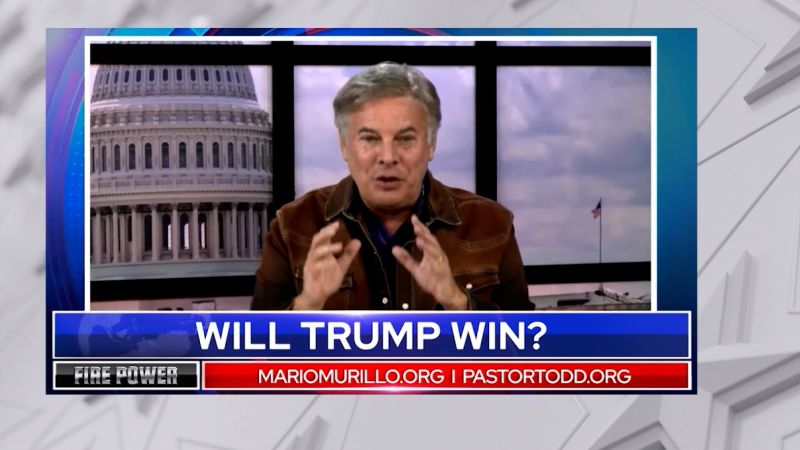Republican Senate candidate J.D. Vance recently appeared at a rally with evangelical preacher Lance Wallnau, who has made controversial statements about Vice President Kamala Harris. Wallnau claimed that Harris has used “witchcraft,” sparking outrage and concern among many observers. GOP strategist Liz Mair questioned who vetted Vance’s appearance with Wallnau, highlighting the potential political ramifications of associating with someone who makes such extreme and divisive statements. The incident serves as a reminder of the importance of thoroughly vetting individuals with whom political candidates choose to align themselves.
The presence of Vance at an event with Wallnau raises questions about his judgment and the company he chooses to keep. As a potential Republican candidate for Senate, Vance’s association with someone who espouses conspiracy theories and promotes divisive rhetoric could damage his credibility and appeal to a broader base of voters. This incident underscores the challenges facing politicians in navigating alliances with controversial figures while maintaining a positive public image and promoting a message of unity and inclusivity. Mair’s criticism of Vance’s decision to appear with Wallnau reflects a growing concern within the Republican Party about the consequences of aligning with extremist voices.
Wallnau’s accusation that Harris has used “witchcraft” is not only baseless but also perpetuates harmful stereotypes and misinformation about the Vice President. Such inflammatory statements have no place in political discourse and only serve to further polarize an already divided electorate. By aligning himself with Wallnau, Vance risks alienating moderate and independent voters who may be put off by extremist rhetoric and conspiracy theories. This incident highlights the challenge of balancing the need to appeal to a party’s base with the imperative to maintain a sense of decorum and decency in political discourse.
The controversy surrounding Vance’s appearance with Wallnau demonstrates the broader trend of extremism and conspiracy theories gaining traction within the Republican Party. As the party grapples with internal divisions and struggles to define its identity in a post-Trump era, politicians like Vance may feel pressured to align themselves with fringe elements in order to solidify their base of support. However, this strategy carries significant risks, as seen in the backlash to Vance’s association with Wallnau. Moving forward, Republican candidates will need to carefully navigate the political landscape to avoid being tarnished by association with extremists and conspiracy theorists.
The incident involving Vance and Wallnau highlights the need for greater scrutiny and accountability in political campaigns. Candidates must be diligent in vetting the individuals with whom they choose to associate, as their actions reflect not only on themselves but also on the party as a whole. By failing to adequately vet Wallnau and allowing him to share the stage with Vance, the campaign has opened itself up to criticism and damaged its credibility in the eyes of many voters. Moving forward, Republican candidates must be more discerning in their choice of allies and distance themselves from individuals who promote harmful rhetoric and misinformation.
In conclusion, the controversy surrounding J.D. Vance’s appearance with Lance Wallnau underscores the challenges facing Republican candidates in navigating alliances with extremists and conspiracy theorists. By associating himself with Wallnau, Vance has exposed himself to criticism and alienated potential supporters who may be put off by his association with divisive and inflammatory figures. Moving forward, Republican politicians must prioritize vetting and accountability in order to maintain a positive public image and appeal to a broader base of voters. As the party grapples with internal divisions and struggles to define its identity, it is crucial for candidates to avoid aligning themselves with individuals who promote harmful rhetoric and misinformation. Failure to do so could have serious consequences for the party’s electoral prospects and reputation.


